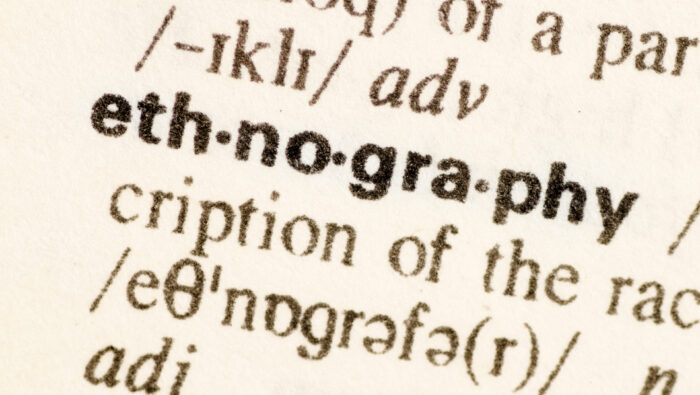
Professor Gabriel Brito
Casa Grande University
Gabriel Brito is a digital anthropologist with wide experience in social media analytics in the private and public sector. He is currently a Visiting Research Fellow at the Oxford Internet Institute.

This talk explores the under-researched yet highly relevant phenomenon of cartel-related gang recruitment via social media. Focusing on a specific case study, it examines this dynamic through a supply and demand lens, where users function both as creators and consumers of gang-related content. On the supply side, the study seeks to identify the most common recruitment tactics employed by gang-affiliated accounts, analyzing both explicit and implicit messages used as propaganda within what has been termed narcomarketing. On the demand side, it assesses the risk levels among users from vulnerable sectors of society and their susceptibility to encountering gang-related content in their TikTok feeds.
To achieve these objectives, Gabriel and his team have developed a methodology that combines deep ethnographic inquiry—producing thick descriptions of the cultural expressions of digital gang culture—with the training and deployment of large language models (LLMs). This hybrid approach allows for both a nuanced understanding of the phenomenon and the ability to scale the analysis across large datasets, revealing broader patterns of behavior within digital spaces.
Gabriel Brito is a digital anthropologist with wide experience in social media analytics in the private and public sector. He holds a BA (Hons) in Anthropology, and History and Philosophy of Science from The University of Melbourne. He is a Professor at Casa Grande University and is part of the ESRC Digital Good Network. Gabriel is currently a Visiting Research Fellow at the Oxford Internet Institute where he is using a multidisciplinary approach to explore the tactics and impact of Gang-related content on TikTok in the context of Latin America. His research interests lie in the areas of algorithmic inequality, digital democracy, virtual territories, disinformation studies, and digital extremism.

Casa Grande University
Gabriel Brito is a digital anthropologist with wide experience in social media analytics in the private and public sector. He is currently a Visiting Research Fellow at the Oxford Internet Institute.